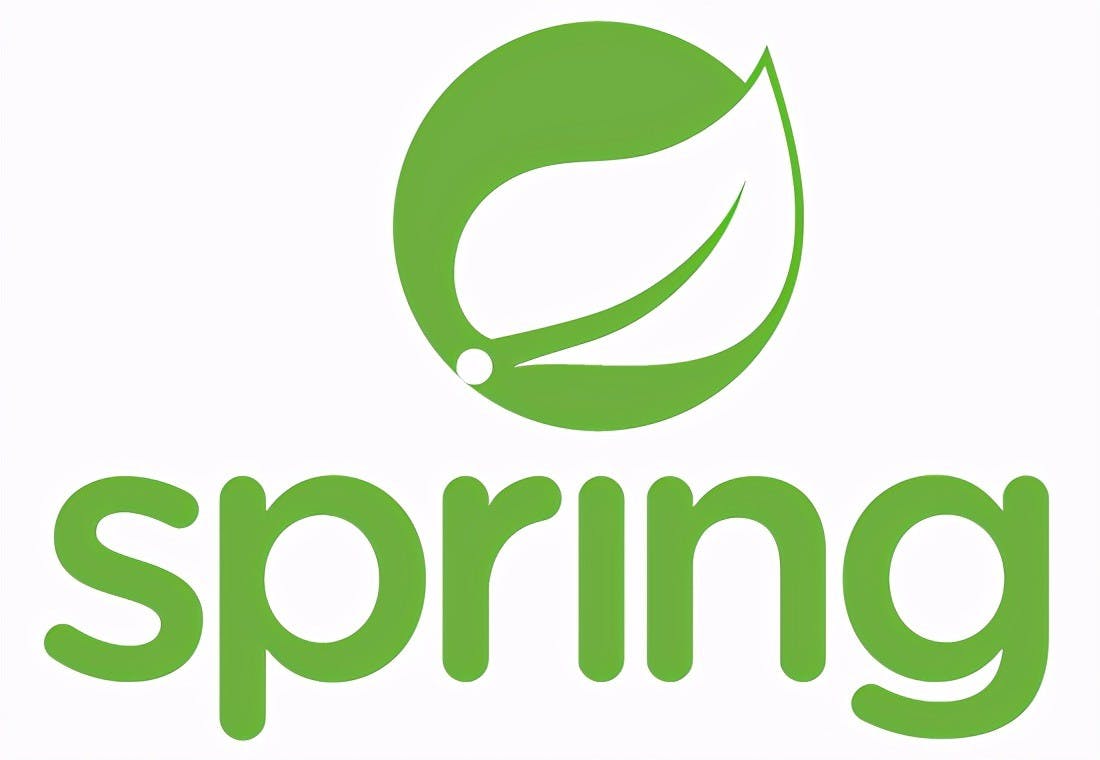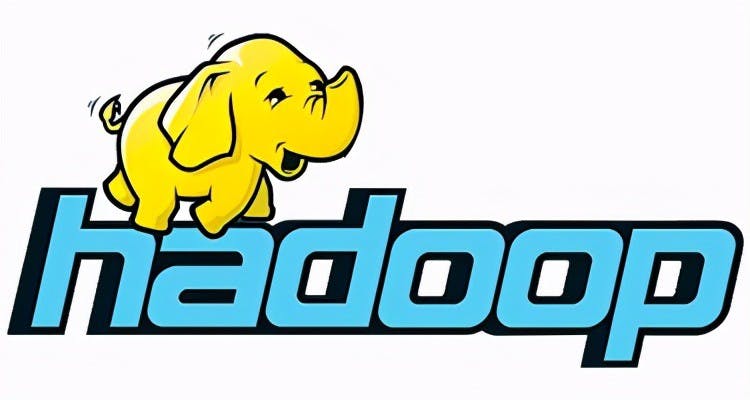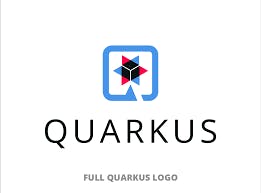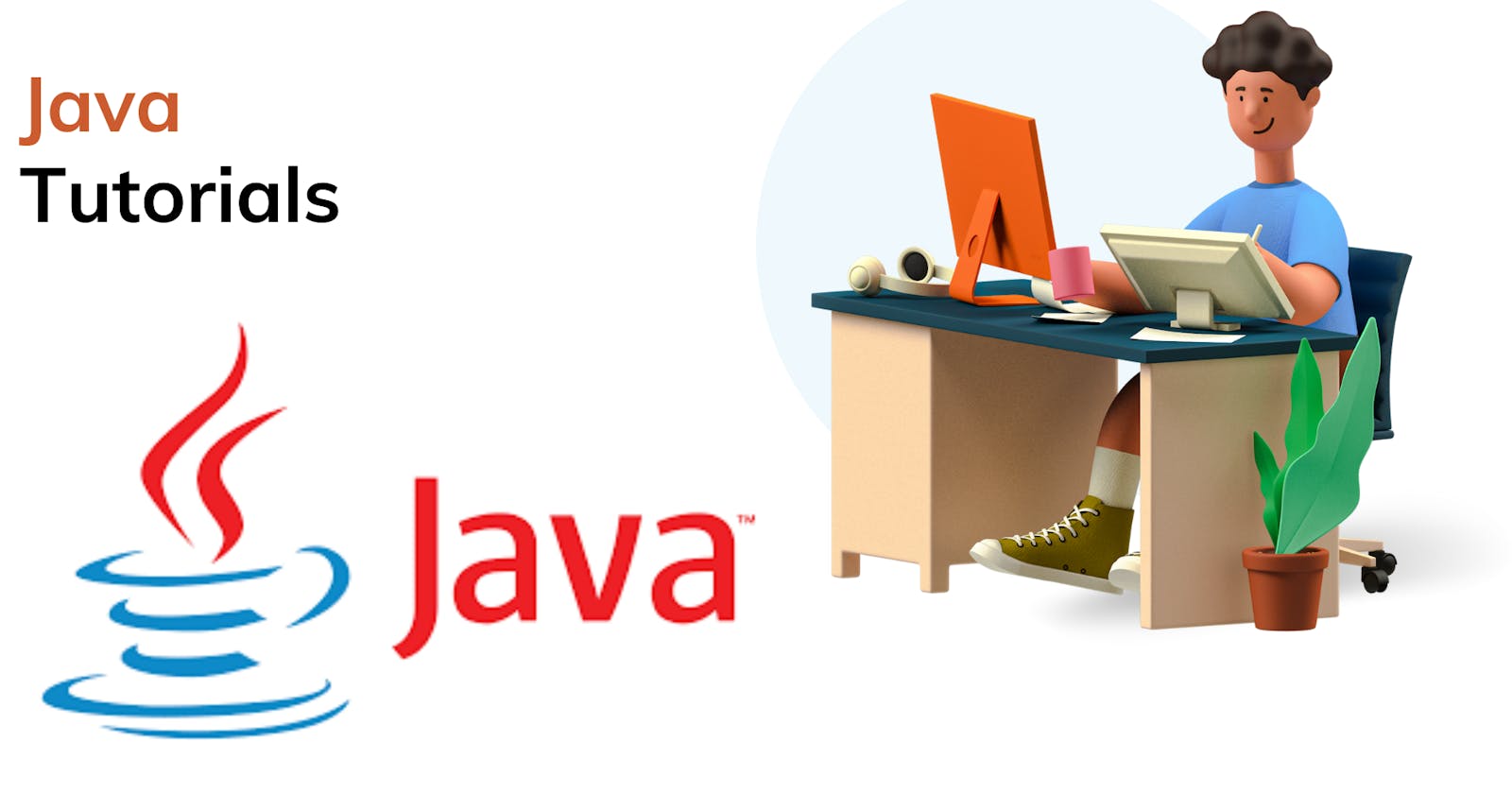Top 5 framework java developers should know in 2022 that helps them to do a wide range of application development. In this article, you are going to learn those names and their brief descriptions.
Java is a high-level, class-based, object-oriented programming language that is designed to have as few implementation dependencies as possible. It is a general-purpose programming language intended to let programmers write once, and run anywhere (WORA),[17] meaning that compiled Java code can run on all platforms that support Java without the need to recompile.[18] Java applications are typically compiled to bytecode that can run on any Java virtual machine (JVM) regardless of the underlying computer architecture. The syntax of Java is similar to C and C++ but has fewer low-level facilities than either of them. --> Ref -- Wikipedia
Java is a very powerful and general-purpose programming language and when combined with frameworks, Java can provide you with an excellent solution for e-commerce, banking, insurance, cloud computing, fintech, big data, machine learning, stock market, IoT, edge computing, and much more in any domain.
Why use a framework?
Frameworks provide structure to your application. For example, if we have a proper automation testing framework we can automate a lot of stuff and get accurate and consistent results. Frameworks set the standard way to address some recurring problems. Frameworks force developers to do things in the right way.
What is a Java framework?
In general, a framework is a real or conceptual structure intended to serve as a support or guide for the building of something that expands the structure into something useful. In the same way, the java framework also provides some structure that helps developers to boost their productivity and focus on business implementation rather than the common language design patterns.
In a nutshell java, every java framework tries to address certain problems such as Hadoop being in a big data context whereas spring is in enterprise application development.
Reusing the framework enables developers to create each line of code manually from scratch without the manual overhead. Java frameworks are specific to the Java programming language and are used as a platform for developing applications, Java frameworks can include predefined classes and functions for handling, inputting, and managing hardware devices, and interacting with systems.
Top 5 Frameworks:
- Spring and Spring Boot:

Spring projects are the set of projects which contains modules such as spring MVC, spring Data, spring batch, spring cloud, and spring boot to boost the development. Spring framework is like convention over configuration. This is the best framework for developing web applications, REST API, and common CRUD kinds of applications also it supports a wide variety of things such as batch processing, and common template frameworks. The spring framework is very loosely coupled and flexible. It's like a modular plug-and-play framework and there is no compulsion to use all modules that use what requires or what suits your application.
It is an open-source framework for enterprise applications. Spring framework is exhaustive and covers many features including security, cloud, and configuration that are easy to learn. In addition, since it is the most popular web framework, you can find a lot of documentation and an active community.
2. Hadoop:

Apache Hadoop is not a full-stack framework, it provides a software framework and works on the MapReduce programming model. These utilities can easily handle large amounts of data (big data), store, analyze and process them to provide faster, more efficient results. HDFS divides the files into block sets, which are replicated in clusters.
3. Hibernate:

Hibernate is not a full-stack framework, it completely changes the way we look at databases. It is an implementation of the Java Persistence API (JPA), and Hibernate is an object-relational mapping (ORM) framework. This helps developers who don't have extensive knowledge of SQL but are good at Java. This address certain issues but come up with performance overhead in some context.
Hibernate maps Java classes directly to their corresponding database tables and vice versa. This improves the development speed and is good from a maintenance perspective.
4. Quarkus:

Quarkus is a Java framework tailored for deployment on Kubernetes. Key technology components surrounding it are OpenJDK HotSpot and GraalVM. This is the next-generation java framework to develop cloud-native java applications. This is also open source and backed by the Red hat community.
Quarkus allows developers to automatically generate Kubernetes resources including building and deploying container images without having to manually create YAML files
5. Apache Camel:

Apache Camel is an open-source framework for message-oriented middleware with a rule-based routing and mediation engine that provides a Java object-based implementation of the Enterprise Integration Patterns using an application programming interface to configure routing and mediation rules.
Conclusion:
There are so many other frameworks in java to solve many problems but at least if you know these frameworks almost you can resolve most of the enterprise-related issues. Based on this knowledge you can definitely scale more and learn other frameworks. This is my wish list, and I know yours definitely different, kindly let me know in the comments.
More such articles:
https://www.youtube.com/channel/UCiTaHm1AYqMS4F4L9zyO7qA
==========================**=========================
If this article adds any value for you then please clap and comment.
Let’s connect on Stackoverflow, LinkedIn, & Twitter.

